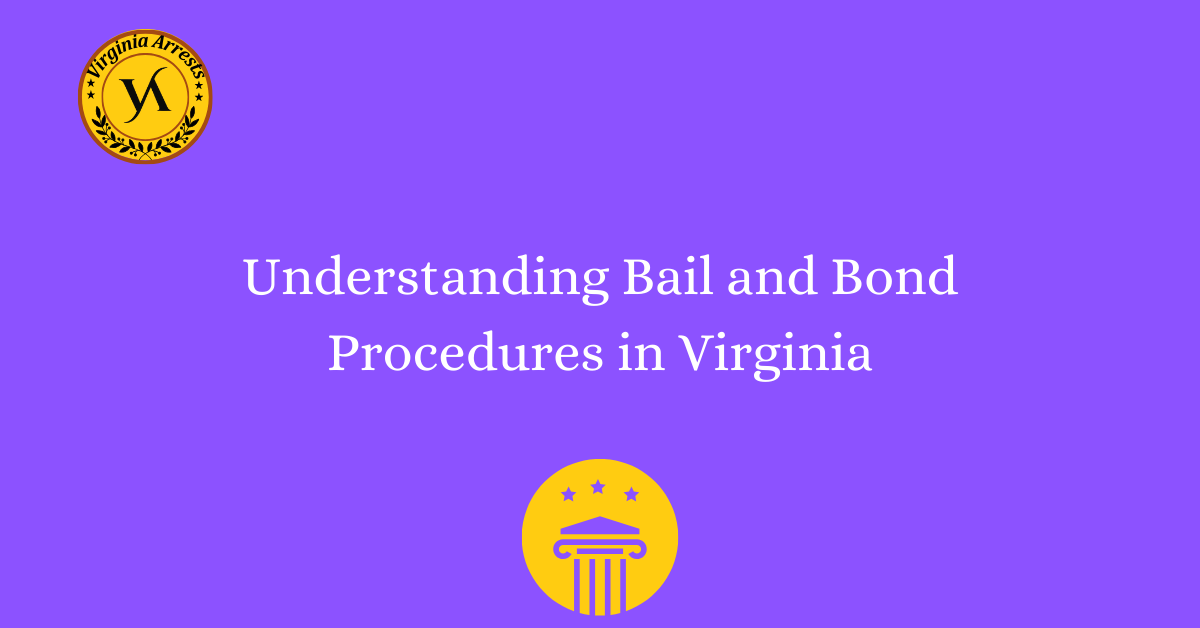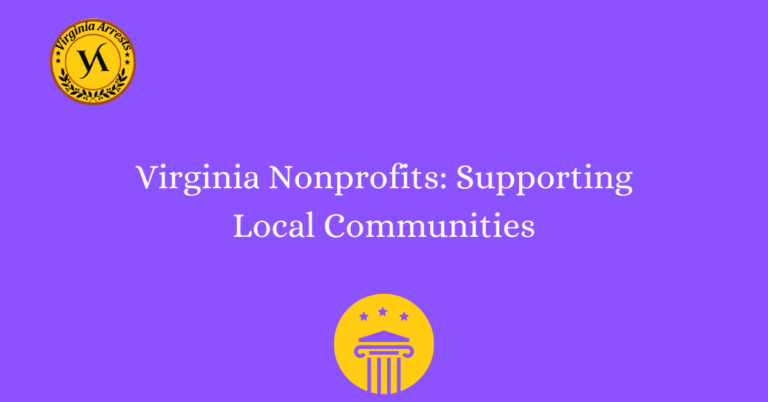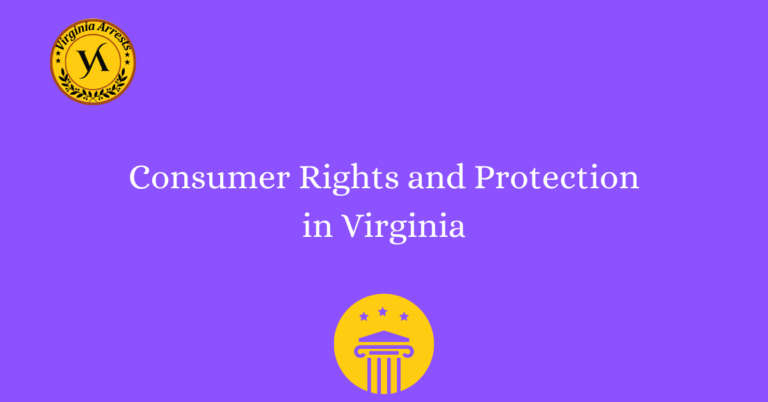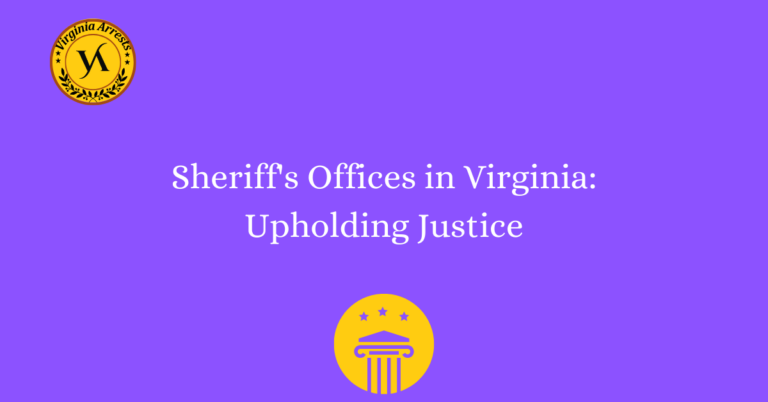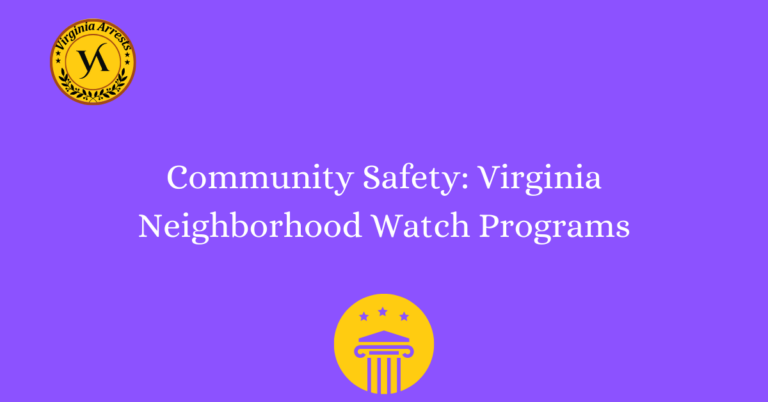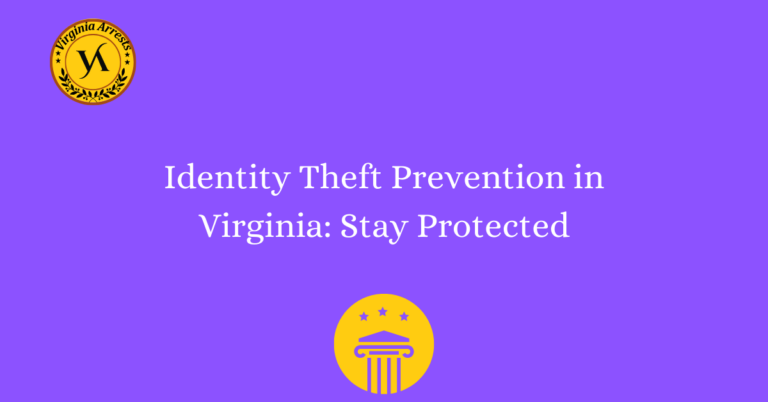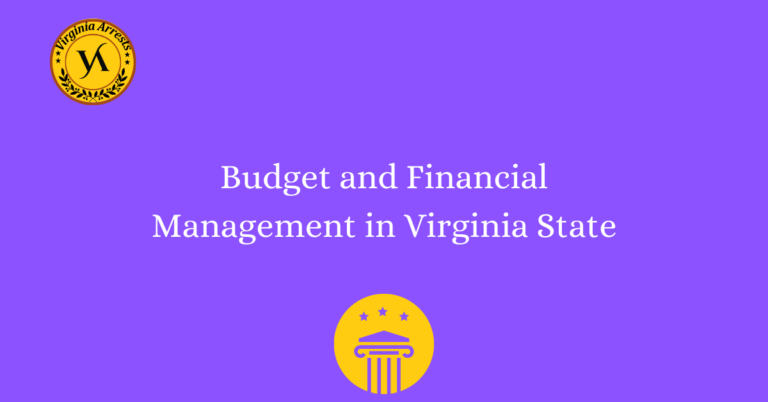Understanding Bail and Bond Procedures in Virginia
When someone is arrested in Virginia, they may be required to go through the bail and bond procedures. These procedures determine whether the person can be released from custody before their trial. Bail is the amount of money or property that the defendant must provide to the court as a guarantee that they will appear for all court proceedings. If the defendant cannot afford the bail amount, they may seek a bond, which is an agreement with a bail bondsman to pay the bail on their behalf. Understanding these procedures is crucial for anyone facing criminal charges in Virginia.
The Bail and Bond Procedures in Virginia
When someone is arrested in Virginia, they may be required to go through the bail and bond procedures. These procedures determine whether the person can be released from custody before their trial. Bail is the amount of money or property that the defendant must provide to the court as a guarantee that they will appear for all court proceedings. If the defendant cannot afford the bail amount, they may seek a bond, which is an agreement with a bail bondsman to pay the bail on their behalf. Understanding these procedures is crucial for anyone facing criminal charges in Virginia.
The Purpose of Bail and Bond
The purpose of bail and bond procedures in Virginia is to ensure that the defendant appears in court for all required proceedings. By requiring bail, the court has a financial incentive for the defendant to show up. If the defendant fails to appear, they forfeit the bail amount. Bond, on the other hand, allows defendants who cannot afford bail to secure their release through a bail bondsman. The bondsman is responsible for paying the bail if the defendant fails to appear.
Determining the Bail Amount
The bail amount is determined by several factors, including the severity of the crime, the defendant’s criminal history, and the likelihood of flight risk. Judges consider these factors to ensure that the bail amount is appropriate and fair. In some cases, the judge may deny bail altogether if they believe the defendant poses a significant flight risk or danger to the community.
The Process of Seeking a Bond
If the defendant cannot afford the bail amount set by the court, they may seek a bond. A bond is an agreement between the defendant and a bail bondsman. The bondsman agrees to pay the bail on behalf of the defendant in exchange for a fee, typically a percentage of the total bail amount. The defendant must provide collateral, such as property or assets, to secure the bond.
Conditions of Release
Whether a defendant is released on bail or bond, there are usually conditions set by the court. These conditions may include regular check-ins with a probation officer, restrictions on travel, surrendering passports, or attending counseling programs. Violating these conditions can result in the revocation of bail or bond and the defendant being returned to custody.
The Role of a Bail Bondsman
A bail bondsman plays a crucial role in the bail and bond procedures. They provide a valuable service to defendants who cannot afford the full bail amount. However, it’s important to note that using a bail bondsman comes with certain risks and obligations. If the defendant fails to appear in court, the bondsman may hire a bounty hunter to locate and apprehend them.
Appearing in Court
Once released on bail or bond, it is essential for the defendant to appear in court for all required proceedings. Failing to do so can result in the forfeiture of bail or bond, as well as additional criminal charges. It is advisable to consult with an attorney to ensure compliance with all court requirements.
Seeking Legal Counsel
Facing criminal charges can be a daunting and complex process. It is crucial for anyone in Virginia facing these charges to seek legal counsel. An experienced criminal defense attorney can guide defendants through the bail and bond procedures, protect their rights, and provide the best possible defense in court.
FAQs
What is the difference between bail and bond?
Bail refers to the amount of money or property that a defendant must provide to the court in order to be released from custody before their trial. Bond, on the other hand, is a type of surety that is provided by a bail bondsman to secure the defendant’s release. It is essentially a guarantee that the defendant will appear in court when required.
How is bail determined in Virginia?
In Virginia, bail is determined by a judge or magistrate based on various factors, including the seriousness of the crime, the defendant’s criminal history, the risk of flight, and the likelihood of the defendant appearing in court. The judge or magistrate will consider these factors to determine an appropriate amount for bail.
Can bail be denied in Virginia?
Yes, bail can be denied in Virginia if the judge or magistrate determines that the defendant poses a danger to the community, is a flight risk, or if there are other compelling reasons to deny bail. In such cases, the defendant will remain in custody until their trial.
What happens if I cannot afford to pay bail?
If you cannot afford to pay bail, you may seek the services of a bail bondsman. A bail bondsman will typically charge a fee, usually a percentage of the total bail amount, in exchange for securing your release. This fee is non-refundable, even if you are found not guilty.
What are the conditions of bail in Virginia?
The conditions of bail in Virginia may vary depending on the individual case. Common conditions may include regularly reporting to a probation officer, refraining from committing any additional crimes, staying within the state, and surrendering any passports or travel documents. Failure to comply with these conditions may result in the revocation of bail.
Can bail be revoked in Virginia?
Yes, bail can be revoked in Virginia if the defendant violates the conditions of their release or if new evidence emerges that suggests the defendant is a flight risk or poses a danger to the community. If bail is revoked, the defendant will be taken back into custody until their trial.

